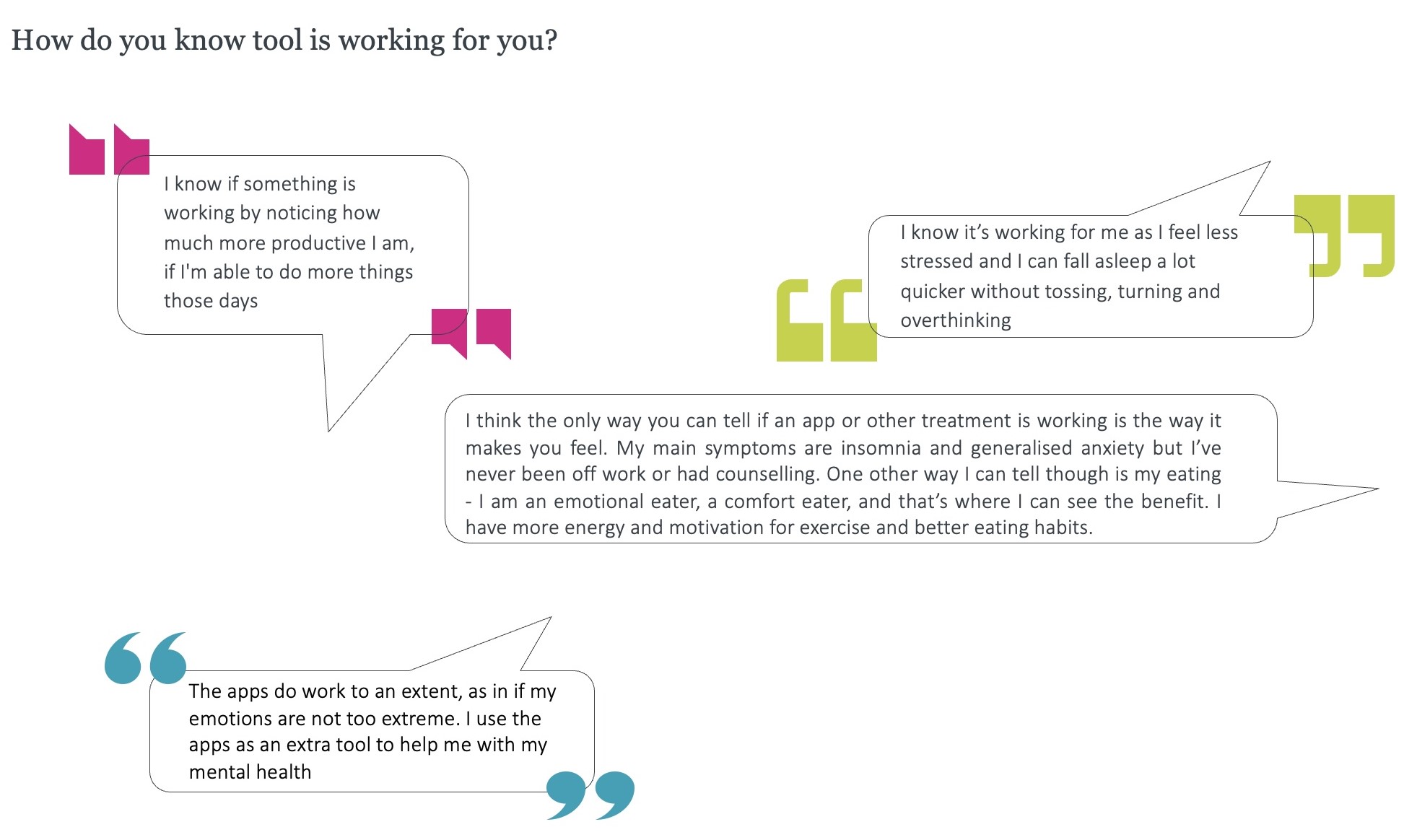
latest
How effective are digital support tools at helping people with mental health problems?
Most users of digital support tools find them helpful, with more than three-quarters of those surveyed saying they were effective

They can be useful to use in the moment that you are struggling and cannot access face-to-face help.” Survey respondent
The vast majority of people who use digital tools to support their mental health find them either “very effective” or “quite effective”, according to research carried out by ZPB on behalf of Future Care Capital.
The digital tools used by respondents fell into four categories: smartphone apps, web-based apps, wearables and virtual reality software. Of the 515 users surveyed, the majority (448) were using smartphone apps, with smaller numbers using the other three types of tool. Some were using more than one type, however.
The proportions finding the method of support effective was broadly similar for each digital tool. Amongst smartphone app users, 29% found apps “very effective” and 60% “quite effective”. The equivalent numbers for web-based apps were 20% and 60%, for wearables 34% and 51%, and for virtual reality 33% and 41%.
Open-ended answers to a question about why they found them effective included “It’s the quickest way to gain support and easily accessible at all times of day”, “Helps me meditate and relax” and “They can be useful to use in the moment that you are struggling and cannot access face-to-face help.”
Among the minority who said they didn’t find the tools effective, reasons included “Too much time on phone. Not good for mental health” and “Sometimes makes anxiety worse”.
The survey was followed by an online workshop with 15 participants, who were largely positive about the support offered by digital tools. One wrote: “I think the only way you can tell if an app or other treatment is working is the way it makes you feel. My main symptoms are insomnia and generalised anxiety but I’ve never been off work or had counselling. One other way I can tell though is my eating – I am an emotional eater, a comfort eater, and that’s where I can see the benefit. I have more energy and motivation for exercise and better eating habits.”
Another respondent wrote: “I know it’s working for me as I feel less stressed and I can fall asleep a lot quicker without tossing, turning and overthinking.”
